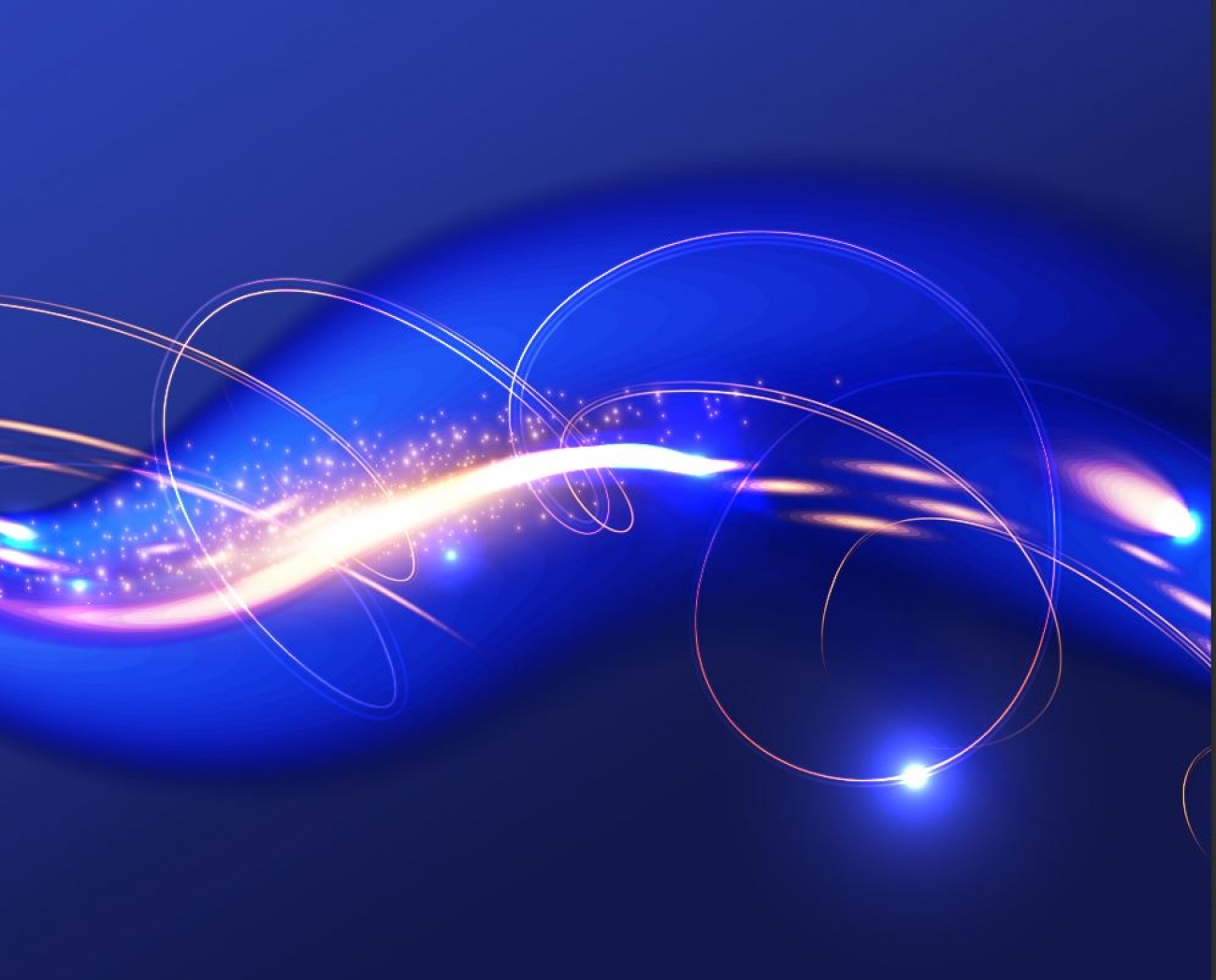Exploring the physics opportunities of FCCs

The 4th FCC Physics and Experiments workshop is part of the FCC Innovation Study Kickoff event, which will address the mandate issued by the update of the European Strategy for Particle Physics: "Europe, together with its international partners, should investigate the technical and financial feasibility of a future hadron collider at CERN with a centre-of-mass energy of at least 100 TeV and with an electron-positron Higgs and electroweak factory as a possible first stage. Such a feasibility study of the colliders and related infrastructure should be established as a global endeavour and be completed on the timescale of the next Strategy update."
After the discovery of the Higgs boson, the SM of particle physics is theoretically complete, nevertheless it leaves many questions unanswered. Most important of those are the origin of the electroweak scale, the nature of dark matter, the origin of matter in the Universe and the structure of flavor. There are no experimental hints pointing clearly to the origin of these phenomena and, for the first time since the Fermi theory of weak interactions, there is no clear energy scale or coupling strength for new physics. The success of the Standard Model, confirmed over a several-decades long experimental programme around the world, gives us a strong indication that we are heading in the right direction in our understanding of fundamental physics. Future strategies to explore for new physics should be based on the complementarity of energy and precision frontier. Past experience has shown that measurements at the limit of precision and sensitivity often provide clues of new physics before the latter can be revealed directly by high-energy collisions.
The goal of this workshop is to bring together experts to discuss the physics challenges and opportunities offered by a next-generation research infrastructure like the proposed Future Circular Collider. The goal is to map the current status and the challenges lying ahead to realize a future Higgs and electroweak factory like the one envisioned by the Future Circular Collider design study for the post-LHC era.
This strategic guideline from the 2020 update of the European Strategy for Particle Physics defines an electron-positron Higgs and electroweak factory “as the highest-priority next collider” that would allow a wide range of precise measurements of the Standard Model parameters including the recently discovered Higgs boson. The proposed electron-positron phase of the FCC project (FCC-ee) best complies with this guideline, and consequently offers, in a cost-effective fashion, the broadest physics discovery potential and the most ambitious perspective towards a 100 TeV high-energy proton collider housed in the same tunnel and profiting from the new infrastructure.
Particularly concerning the experimental site, the meeting will offer an opportunity to discuss new activities aimed at the development of the detectors and collaborations for FCC-ee. Starting from physics benchmark measurements and the corresponding detector requirements, new ideas and challenges will be raised in the development of detector designs and technologies, of the experimental environment, and of the machine-detector interface. The proposed FCC-ee also offers a considerable technology and accelerator challenge. The design of a future circular lepton collider is based on a considerable amount of experience from LEP, DAPHNE, KEKB, PEP II, superKEKB. In addition substantial progress has been made in the past years to understand the physics potential and required detector technologies profiting from previous work for several linear colliders that have been proposed since the early 1990’s, and have been studied in extensive simulations and paper studies.
The meeting will offer an opportunity for those interested to get involved in the project while also evaluating the progress toward the realisation of FCC since the publication of the FCC Conceptual Design Report. Presenting the challenges and opportunities that a project like FCC offers could inform a wider community of scientists and engineers working on similar topics and attract new partners from academia, research centres and the industry in the diverse and dynamic environment offered by the FCC collaboration.
You can register via the indico site: https://indico.cern.ch/event/932973/
If you wish to provide more information on your desired participation in the FCC-ee design study, and thus be registered to the corresponding mailing lists, you can also fill the form https://fcc-ee.web.cern.ch/contribute-to-the-design-study
